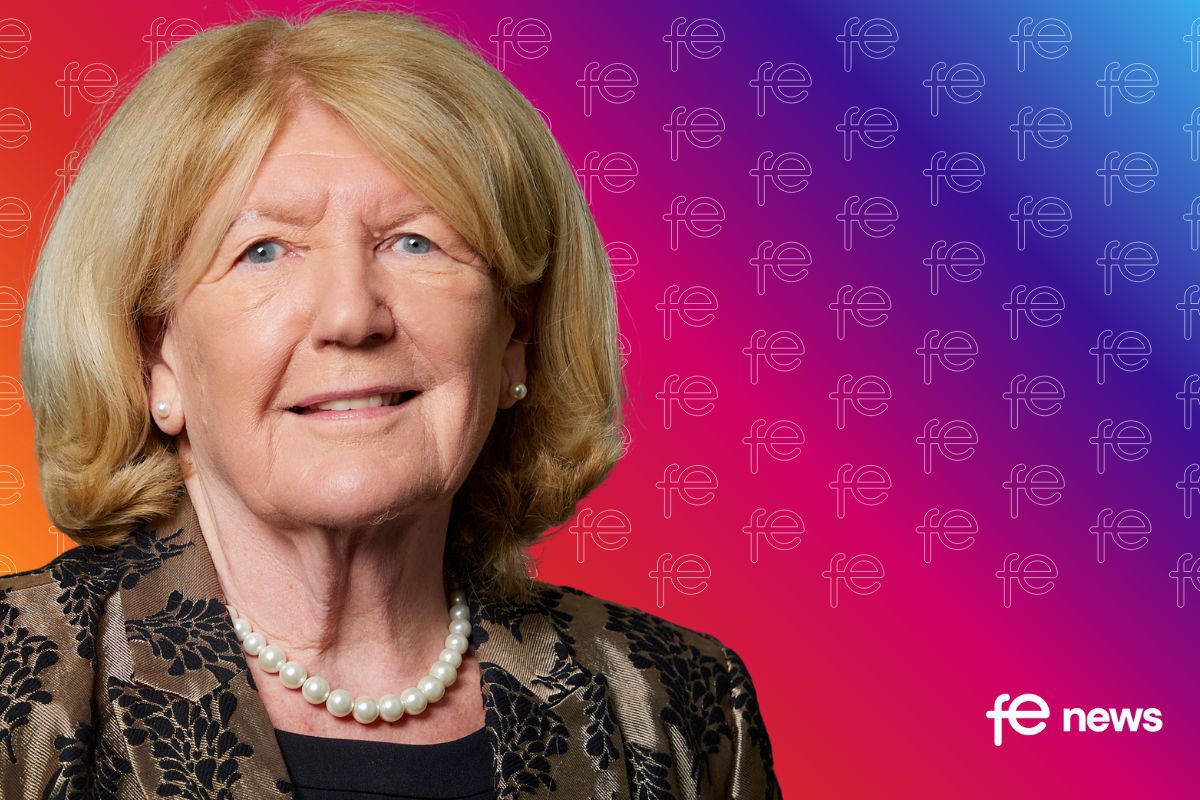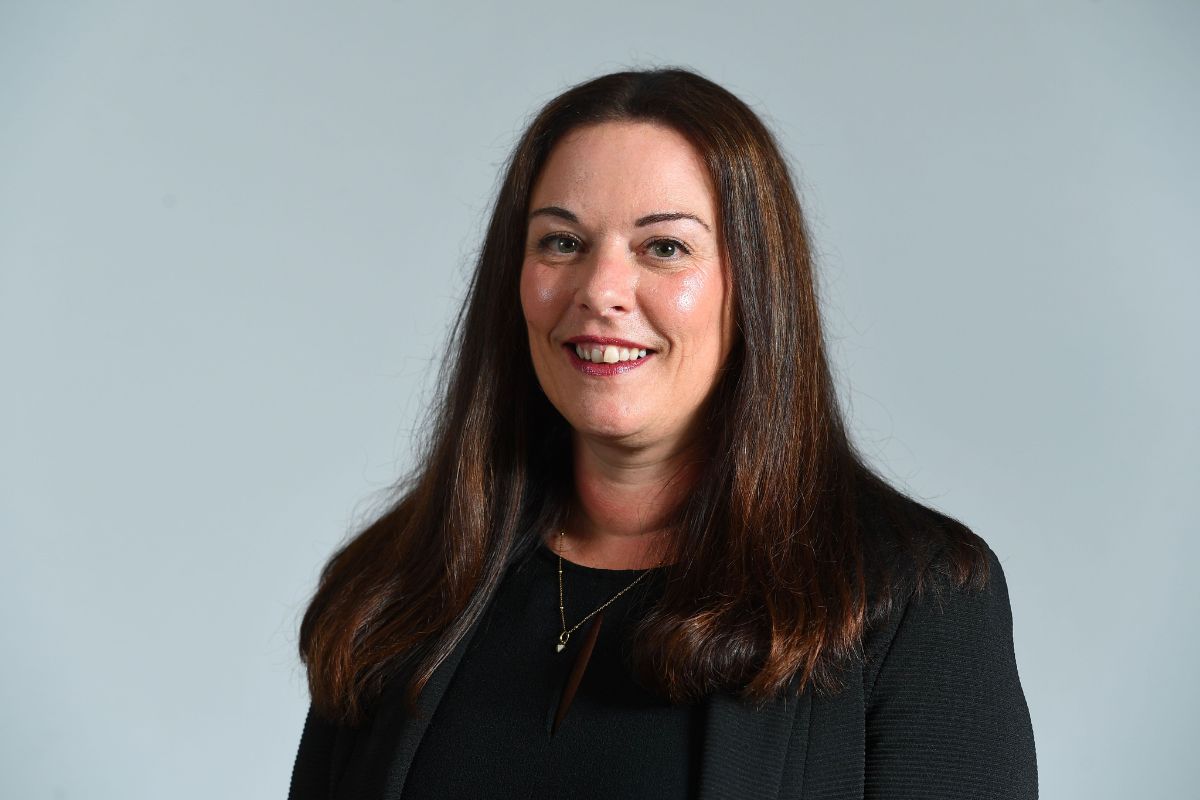Post-Lockdown Education: Clearing Up the Options

The start of July usually marks a celebration for students across the UK. Exams have been completed, everything they have worked hard for has been done, and now they can take a few weeks to relax before they receive their GCSE or A Level results. The preparations for higher education begin as students enjoy their last summers before adulthood and college or university life starts.
This year though, the Covid-19 pandemic changed everything. Schools closed and exams were cancelled as part of the UK’s enforced lockdown measures. The government announced that students would receive their exam results based on predicted grades.
The last-minute cramming that has served some students well down the years went out the window and with even the more academically attuned students being graded based on their school’s previous three years of results, anxieties have peaked.
So, how will exam results be handled? Can students appeal if they think they are graded unfairly? How will clearing work?
The vast majority of students will receive a calculated grade this summer that enables them to move on to the next stage of their education or training. Ofqual has developed a robust process that will take into account a range of evidence, with the primary aim of ensuring grades are as fair as possible for all students.
Exams regulator Ofqual has today (6 Aug) set out its appeals process for A and AS levels and GCSES after exams were cancelled this year due to the Covid-19 pandemic. It means that students, parents and teachers can feel assured that students will be fairly graded.
 Education Secretary Gavin Williamson said:
Education Secretary Gavin Williamson said:
“No system could be a perfect substitute for real exams, but I welcome the appeals guidance confirmed by Ofqual today, to make the process as fair as possible and make sure all students get a grade that allows them to progress.
“Grades this year will do for the vast majority of students what they do every year, opening the door to their next step whether that’s college, university, an apprenticeship or the world of work.
“It is vital that students with exceptional circumstances are not held back by the way grades have been calculated – including those who are highly talented in schools that have not in the past had strong results, or where schools have undergone significant changes such as a new leadership team. This appeals process does this.
“And students will also have the opportunity to take exams this autumn if they are unhappy with their grades.”
In this article, we’ll look at the unique situation that students find themselves in.
How will exam results be handled?
Results days for 2020 remain unchanged, with higher level AQA, AS-level, and A-level results all to be released on 13th August, with GCSE and AQA Certificates being announced one week later on 20th August. Teachers across the UK have predicted grades for their students based on their work throughout the course of their subjects.
Can students appeal their grades?
Ofqual’s standardised system for grading in 2020 will draw on a school’s exam performance through 2017, 2018, and 2019, leaving many students anxious that the grades they could have achieved as an individual will be affected by the performance of learners who left the school before they started their course.
Parents of high achievers are also concerned that their prodigies could actually be marked down, meaning that whatever happens on results day, there is likely to be some fallout.
In May Ofqual set out its procedure for gradings, stating that the historical performance would mitigate ‘optimistic’ teacher-assessed grades. To avoid generous results, headteachers must declare that teacher grades are accurate.
However, pupils will not be able to challenge the grades given, unless they have evidence of bias or discrimination. Appeals will be allowed in cases where a centre believes it has made an error when submitting information or if it believes an exam board made a mistake when calculating, assigning, or communicating a grade. However, students who feel their grades do not reflect their ability, will be given the chance to retake their exams in autumn or in summer 2021, with the higher of their two grades permissible for future use.
Making the right choice for your future
Applications for colleges and universities were submitted months ago, but is it too late to change your mind? There has been a major upheaval for students on the exam front, but the results and their aftermath have not changed. Just because you listed one establishment as your number one choice doesn’t mean you have to go there.
The stresses and anxieties that the Covid-19 pandemic has brought with it, means some students may no longer wish to attend university in September. Others may opt for a college closer to home, rather than one at the other end of the country.
As colleges and universities are currently closed, open days have been placed on hold, with many students unable to take a look around their top choices or discuss courses with their prospective tutors. Newcastle College made the best of a bad situation though by taking their open day online for a virtual event, as tutors and advisers helped to answer questions from learners and parents.
Principal at Newcastle College, Tony Lewin said: “It was fantastic to see that so many people are still planning for their next steps and considering taking those steps with Newcastle College. Making decisions about your future can be daunting at any time, so I’m glad that we were able to offer support, guidance, and reassurance that we are still going to be here in September and we will still be offering a great experience.”
Didn’t get the grades you needed?
If you didn’t secure the grades you needed for that number one course, but don’t want to retake your exams in 2021, then clearing is the way to go. Clearing is used by universities and colleges to fill up the spaces they have left on their courses. In 2020, UCAS’ clearing portal will run between 6th July and 20th October and a new tool — Clearing Plus — has been launched, which will match you to courses you had previously shown an interest in.
Based on your top 50 course matches, you’ll be encouraged to let the universities and colleges know which courses you have an interest in, and they may get back in touch if they have vacancies left and you meet their course requirements.
Don’t panic and don’t rush into a decision. This is a crunch time for you and there is plenty of support available — from your school, college, or careers centre or directly from UCAS.
What lies ahead for 2021?
The ongoing lockdown means there are still no assurances of how the 2021 academic year will work. At this stage, the government expects everyone to return to schools, colleges, and universities in September, but what happens if a second waves forces another lockdown?
With just weeks to go until the new terms are due to begin, many colleges and universities are exploring hybrid teaching models, with plans for a combination of online and in-person lessons. The idea would allow students to continue learning from home, but also receiving support through dedicated one-to-one sessions.
The government though is busy reviewing the university admissions systems, with proposals for college and university terms starting in January to allow for a longer application process. One system would see applications held off until exam results have been published, while a second would allow for up to 12 weeks of applications before term starts in mid-October.
It is quite clear that these are new and unprecedented times, both for students and the institutions to which they are applying. Whether you are certain about your plans for the future, or are still unsure of the best way forward, seek advice and follow the guidance available.











Responses